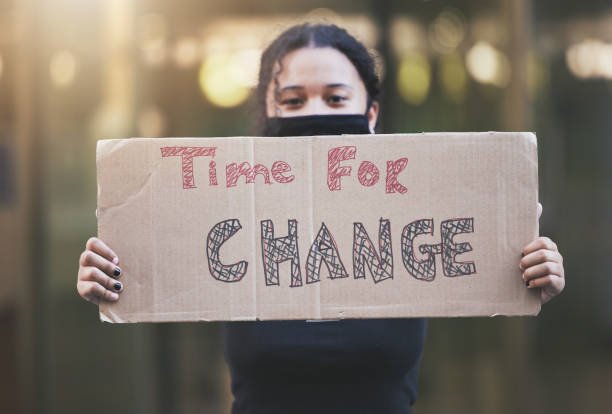A Critical Discussion on Gender-Based Violence as a Human Rights Violation in South Africa: Acts and Examples
Skip to content
Skip to footer
A Critical Discussion on Gender-Based Violence as a Human Rights Violation in South Africa: Acts and Examples
A Critical Discussion on Gender-Based Violence as a Human Rights Violation in South Africa: Acts and Examples

